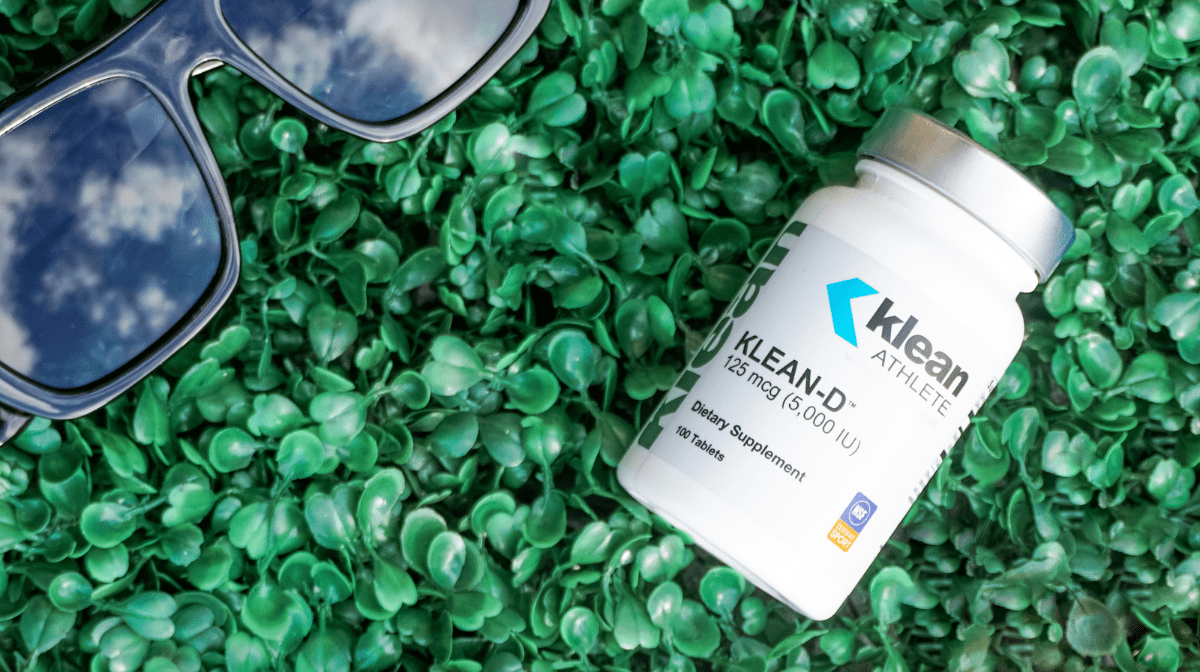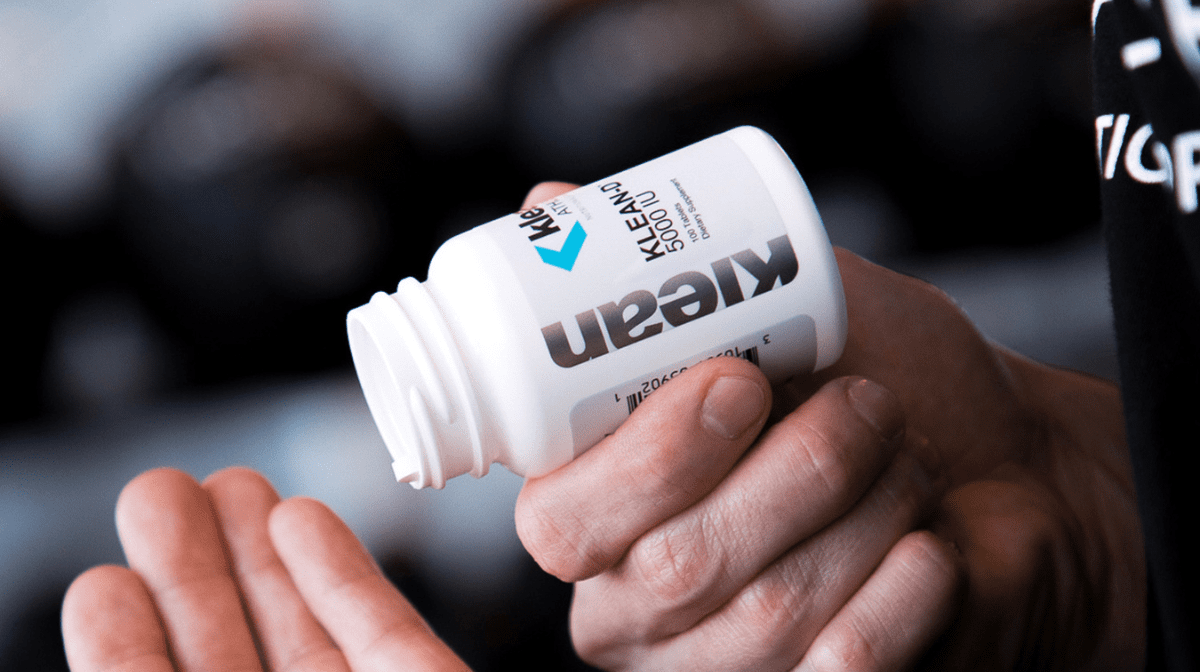
Klean Athlete: LORI RUSSELL
As an athlete, it’s important that you’re getting the right nutrients to not only keep you healthy, but to also support your body when you’re active. One of those essential nutrients is vitamin D. ‡
In this article, explore the benefits of vitamin D for athletes, the causes of low vitamin D levels, and discover vitamin D supplements designed to support your training.‡
The Importance of Vitamin D for Athletes
Research on the relationship between vitamin D and athletes continues to develop. While many studies have pointed to vitamin D’s role in bone health, studies have also examined its impact on athletic performance and immune function. Athletes with sub-optimal vitamin D levels may not perform at their best.
It’s estimated that over 1 billion people worldwide have low vitamin D levels, with causes including limited sun exposure, lack of fortified nutrition, skin pigmentation and malabsorption, so it’s important to make sure your body is getting the amount of vitamin D it needs.
Why Are Athletes at Risk of Not Getting Enough Vitamin D?
When comparing vitamin D status among athletes, researchers are finding similar numbers to those of the general population. However, results depend largely on the type of sport (indoor vs. outdoor) and geographical location.
Those in colder climates with less sun exposure – especially during the winter months – are at greater risk of low vitamin D levels, along with athletes who train indoors.

Benefits of Vitamin D for Athletes
Some of the key benefits of vitamin D for athletes includes:
- Bone health support‡
- Neuromuscular function support‡
- Support for musculoskeletal strength‡
- Immune system support‡
Learn more about these benefits in more detail below.
Not only is vitamin D important for bone health, but it also influences muscle function. A study on elite ballet dancers found that dancers who supplemented with 2000 IU/day vitamin D had improvements in vertical jump (7% higher) and an increase in isometric strength (18%). The dancers who were using vitamin D supplements maintained better physical health than the control group.‡
Along with potential performance benefits, vitamin D also plays a role in supporting a healthy immune system. Athletes with heavy training volumes have higher demands on their immune systems than recreationally active individuals. This makes elite athletes more likely to miss playing or competition. Athletes with optimal vitamin D levels, severity scores and days missing play or competition are significantly lower than those with low levels of vitamin D. ‡
How to Keep Your Vitamin D Levels Sufficient
There are some whole food sources that contain vitamin D naturally; cod liver oil, salmon, and egg yolks are some whole food sources of vitamin D, with one egg yolk containing about 44 IU.
Vitamin D is also fortified, or added to, beverages like milk, non-dairy milk alternatives, and some fruit juices and cereals. Athletes who do not achieve regular sun exposure need supplemental vitamin D or a combination of dietary intake and vitamin D supplements to maintain optimal levels.

As an athlete, it’s recommended that your vitamin D levels should ideally be checked on an annual basis. If insufficient, athletes should use vitamin D supplements to help support performance and immune function. Consider 1,000-4,000 IU/day from a reputable company such as Klean Athlete.‡
Our Klean-D 5,000 IU contains natural vitamin D3, providing targeted support for athletes who train indoors or receive limited exposure to natural sunlight.‡
